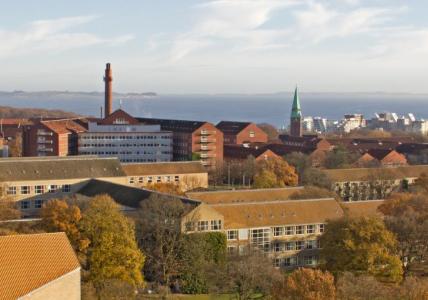The energy transition will require a step-up in local authority leadership. Four frontrunner municipalities in Europe have shown what this leadership looks like through the ACCESS project.
European energy systems are going local. The energy transition means more solar panels on rooftops and higher electricity demand in our homes. A system that was once centralised and based on fossil fuels is being rewired to become a dynamic, decentralised and democratised energy system.
This has big implications for how our towns and cities develop. Ageing grid infrastructure is starting to limit ambitious expansion plans for electric vehicle (EV) charging networks, electrified houses, and even critical infrastructure like hospitals and schools.
Across Europe, a new type of local energy management and leadership is needed. So who will take on this local leadership role?
The ACCESS project has shown that municipalities are the actors best placed to lead the planning of local energy systems. ACCESS united four leading municipalities - Amersfoort in the Netherlands, Mechelen in Belgium, Malmö in Sweden and West Suffolk in the UK - to pilot initiatives showing what local authority energy leadership will look like in the coming decades.
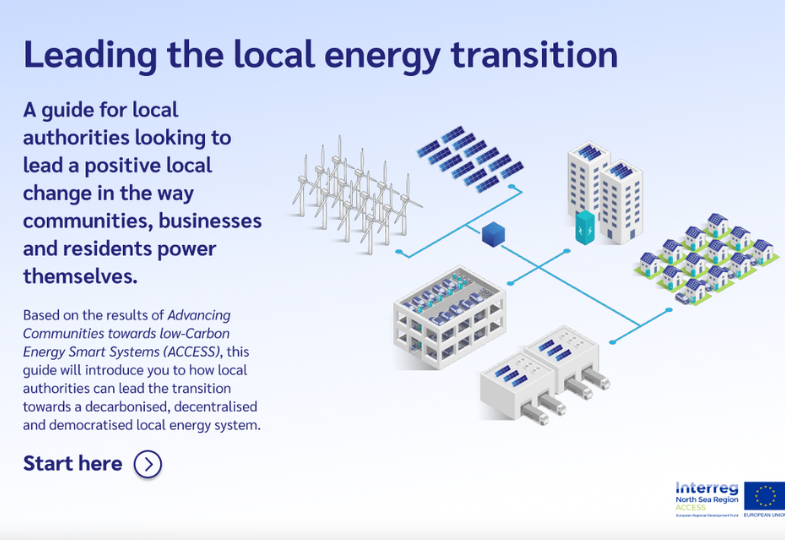
Homes with batteries included
Amersfoort, the Netherlands
Underneath the unassuming De burgemeester Molendijkflat apartment building in Amersfoort sits a first-of-its-kind battery. Hooked up to 302 rooftop solar panels and equipped with energy management software, the 160kW battery is the first of its kind to offer energy storage as a service in a residential setting.
A collaboration between ACCESS partner Amersfoort and social housing provider De Alliantie, the battery stores and discharges energy to match the local grid’s profile, providing much needed grid flexibility at peak times. The services generate revenue that will reduce tenant energy bills by up to 15%.
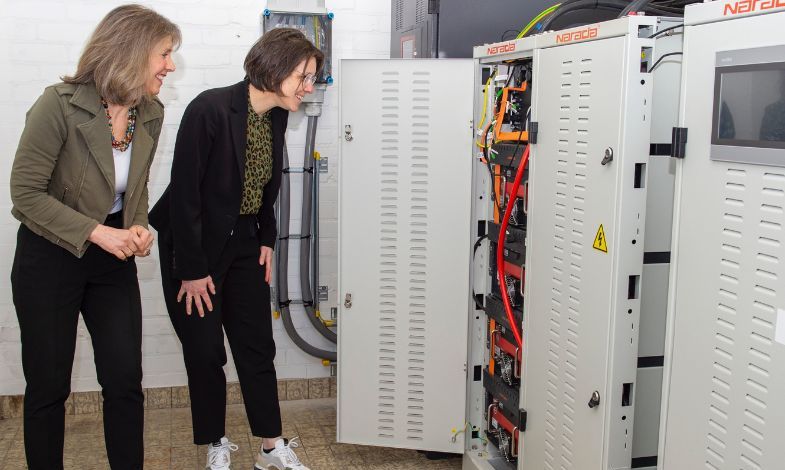
Alongside its work with De Alliantie, Amersfoort also used ACCESS to work with renovation specialist Klimaatmissie to kit out 10 houses with top-of-the-range heat batteries, targeting another charged issue for transition - the electrification of heat. The installations are now saving families as much as €327 a month on their bills.
The Amersfoort ACCESS pilot showed how local authorities can lead the residential energy transition, working with trusted partners to deliver high quality solutions to constituents.
The Amersfoort pilot was led by the team at the City of Amersfoort. Learn more in this video:
(Energy) sharing is caring
Mechelen, Belgium
What links supermarket freezers, V2G charging points, and bike battery charging stations? In Mechelen’s newly opened Keerdok Parking facility, the answer is a sophisticated energy sharing agreement, powered by 419 rooftop solar panels and top-of-the-range energy management software.
Built with support from ACCESS, the setup will reduce energy costs by 27.5% compared to a standard power system, and ensure that Keerdok’s solar use is maximised locally, preventing surges to the local grid.
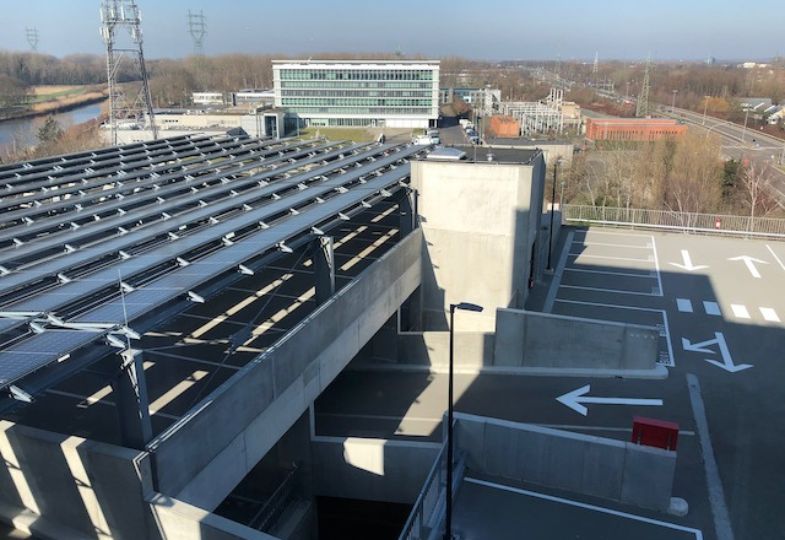
Mechelen is now using their experiences in ACCESS to inform the tender process for future installations. A standardised tender process ready for the local energy transition enables the city scale grid-friendly design to all new buildings.
The Mechelen pilot was led by the team at Stad Mechelen. See more in the video:
Energising businesses for the transition
West Suffolk, UK
Through the four year project window for ACCESS, small businesses have had a tough time across Europe. From the pandemic to rising inflation to the 2022 energy crisis, small businesses were struggling to put the energy transition at the top of their agenda.
West Suffolk Council used ACCESS as an opportunity to support these businesses with simple, scalable initiatives to reduce the energy burden on their bottom lines.
Their first scheme was a set of energy efficiency support measures, including the purchase and hire of an acoustic imager available on free loan to local businesses. Without forcing business to part with cash, the device detected leaks that would go on to save businesses an estimated £62,000 (€72,000).
West Suffolk also helped businesses access the energy analysis software, allowing manufacturers to optimise their energy use by shifting the use patterns of their machinery, with one manufacturer reducing energy use by 27%.
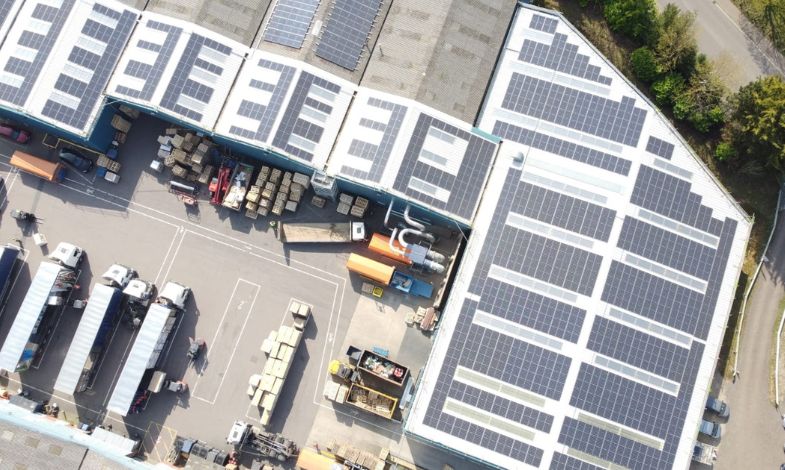
To encourage businesses to set up solar panels on their empty roofs, they used ACCESS funds to set up a UK-first partnership with a Peer-to-Peer (P2P) energy trading platform. The P2P system virtually links up solar power generation with demand for green energy.
West Suffolk set the example by joining the scheme themselves, committing all their solar generation to the UrbanChain system and inspiring trust among local businesses. By the end of ACCESS, over 11,400 MWh of production were added to the platform. West Suffolk’s initiatives had saved businesses over €418,000.
The West Suffolk pilot was led by the team at West Suffolk Council. Check out the video to learn more:
Park and charge
Malmö, Sweden
The new Sege Park parking installation in Malmö is a feat of modern architecture, as one of the largest wooden car parks in Europe. And thanks to ACCESS, its high-tech interior contains 120 EV charging points, a 220kW battery and a state-of-the-art energy management software diverting power from the rooftop solar panels between battery and charging stations in real time.
The battery setup will save Sege Park €35,000 in energy bills during winter months, helping to pay back the cost of the battery.

SEGE Park building in Malmö, Sweden. This is one of Europe's largest wooden car parks. Through ACCESS the building was fitted with a state-of-the art battery and energy management system.
As Malmö builds new residential areas to house its growing population, they have a unique opportunity to design flexible local energy systems from the ground up. That’s just what Malmö did at Sege Park, building an energy-flexible mobility hub prepared for EV expansion.
The Malmö pilot was led by the team at Stad Malmö in partnership with Parkering Malmö. See why Parking Malmö engaged in the video below:
A toolbox for transition
While the pilots were running, the knowledge partners of ACCESS took the opportunity to analyse pilot progress and build tools to help other municipalities replicate the successes of local energy leadership.
- Institute for Manufacturing Engage produced a structured visual framework that allows local authority to develop strategic landscapes, prioritize ideas, and establish action plans.
- VITO provided access to Urban Energy Pathfinder, a web-based decision support tool for regions and cities to develop energy transition pathways, calculating energy, CO2 savings, and financial conditions for renovation scenarios.
- Johanneberg Science Park devised a four-stage process to map and rank stakeholders and prioritise engagement. The tool can be used to support consensus-building as cities move into the upscaling and normalising phase of energy transition.
- Greater South East Net Zero Hub’s Peter Gudde (who supported West Suffolk’s efforts) created a tool to provide municipal institutions with a simple process for rapidly identifying the barriers and priority improvement actions to advance their own Net Zero investment decisions and governance structures.
In summary, the toolbox offers local authorities the frameworks they need to grapple with their leadership role. The Toolbox is accessible through the ACCESS legacy website, Leading Local Energy Systems.
During the project, we noticed an information gap: Simple, accessible information on the transition to local energy leadership seemed to be needed. So, we created the interactive guide Leading the Local Energy System. The guide summarises four years of experimentation, learning and progress in a concise 20 minute read for local energy leaders.
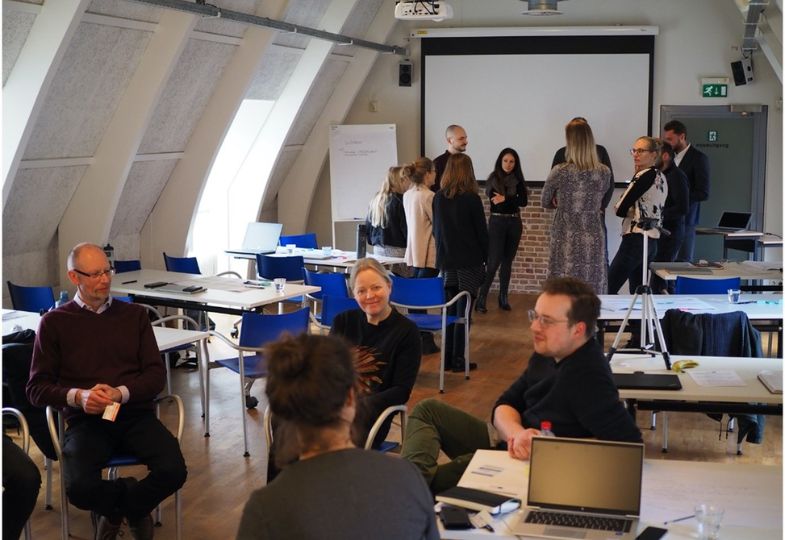
ACCESS partners absorbed in discussions.
Sharing ideas to innovate faster
Typically, local energy leaders spend most of their time working within their local contexts, solving problems with nearby partners and peers. ACCESS showed the value of channelling innovation processes from across the entire North Sea region into a shared innovation process, as partners received first-hand advice and experience from innovation processes happening far beyond their local horizons.
At biannual partner meetings, local authorities shared challenges and concerns with their partners. Often, problems were very similar, and solutions in one municipality helped another. Had the four municipalities addressed these challenges in isolation, the result would have been four, much slower transformations. Sharing insights cut months off processes through sharing of simple, replicable ideas that had already been addressed in another municipality.
Knowledge partners also had the chance to test their tools and ideas with their eventual end users. These touch points helped in keeping tool development on track and relevant to user needs.
Problem-solving collaborations like this would have been resource intensive, if not impossible, without ACCESS. This was especially the case during the pandemic, where ACCESS was an important lifeline to keeping the momentum and collaboration for local energy management.
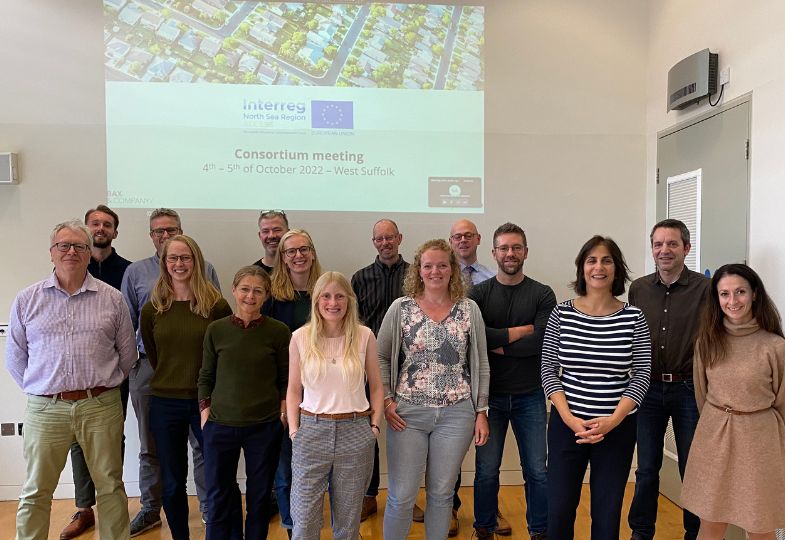
The ACCESS team at a partner meeting.
What’s next?
The partners will now build their efforts in ACCESS into local energy planning. As a first step, the learnings from the one-off ACCESS pilots will be built into municipal energy plans. From Malmö test-driving their 2021-2027 energy strategy at Sege Park, to Mechelen building their tender experience into tender best practices in the city, this process was already happening towards the end of the project.
Looking to the future, local authority energy leadership will only grow as decentralisation brings generation closer to our doorsteps. ACCESS has shown how authorities can charge up their leadership potential and flick the switch on the centralised fossil fuel energy system. It’s now the turn of municipalities across Europe to begin exploring this responsibility.
The ACCESS consortium was also pleased to see Interreg North Sea continue their support for this topic with the approval of the COPPER project in 2023. COPPER will support local authorities to develop local energy action plans and guiding strategies that will help them take control of a resilient local energy system.
Top three project highlights
Four examples of local energy leadership
The ACCESS pilots stand as markers of the value of local authority energy leadership. The Keerdok and Sege Park parking buildings, the De Alliantie battery and West Suffolk’s P2P trading network will continue to show that local authorities have a role to play long after project end.
Learning by building
ACCESS worked by the mantra of learning by doing and the four frontrunner municipalities learned by getting involved in energy projects on the ground. Project partners can now take this experience and grow it within their organisation.
A full learning package for replication
All of ACCESS’ learnings are available at leadinglocalenergy.systems. The site includes the project's toolbox, videos, and an interactive booklet.
Learn more
Check out all the tools developed by the project:
Visit the ACCESS website:
Get in touch
If you would like to talk to the people behind the project, feel free to contact them at info@leadinglocalenergy.systems.
About the author

Benedict Gardner is Communications Lead for Local Energy Systems at Bax & Company, a European innovation agency building pilots and taskforces for Europe’s most pressing societal transitions.
Benedict helps collaborations and clients advance their systems-level energy initiatives by identifying and addressing strategically relevant audiences.
